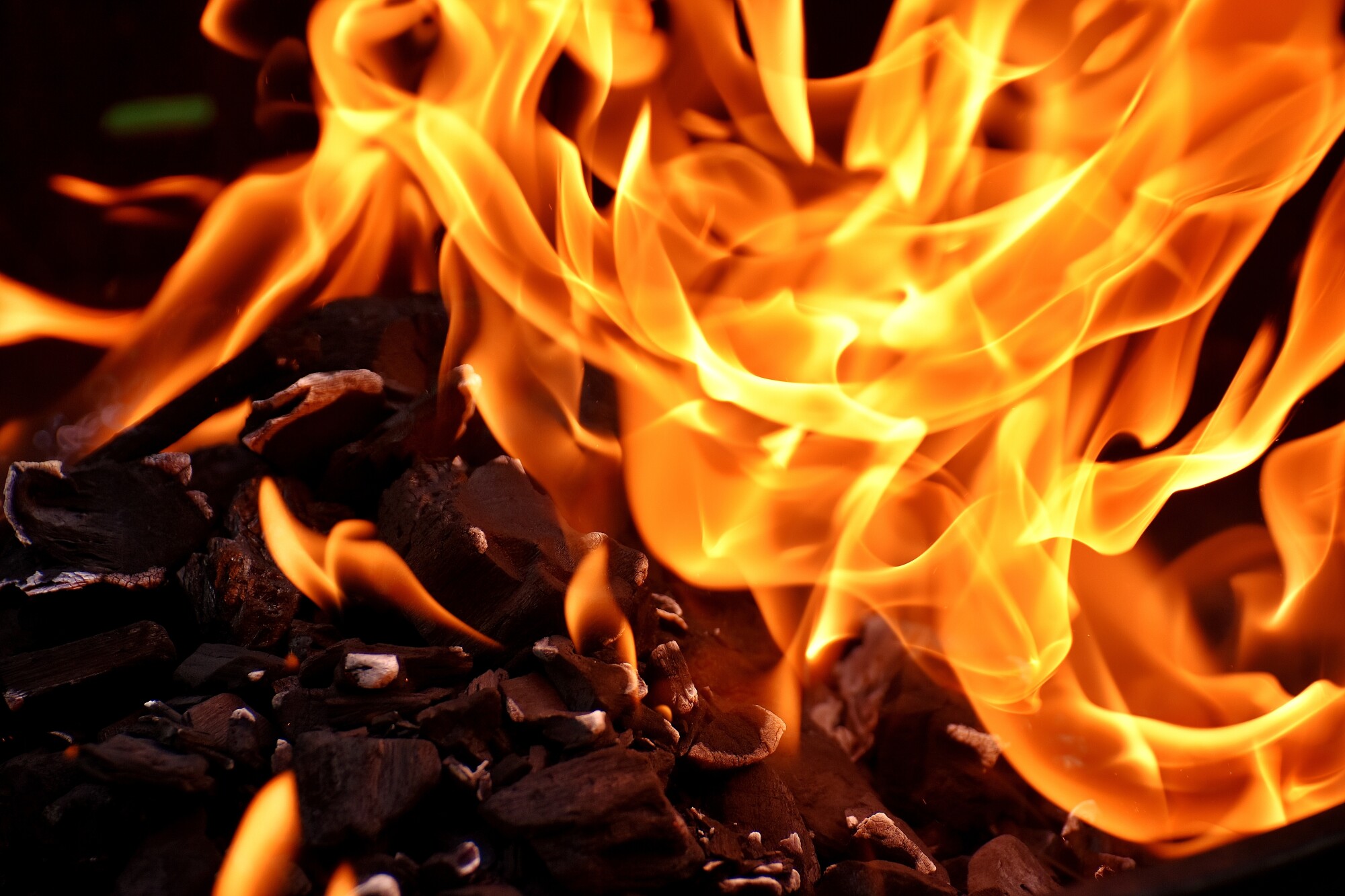Roughly 40 million Americans hit up campsites every year. When they do, it’s almost certain that they’ll build a campfire.
Campfires and camping trips go hand in hand. Unfortunately, though, campfires can be stressful to build, to maintain, and to keep from causing catastrophic damage to countless acres of land.
Therein lies the purpose of this post on campfire mistakes.
Our team’s aim here is to prep you ahead of your next camping trip by telling you everything you shouldn’t do when you’re building fires in the wilderness. We hope that by taking in these no-nos, your next fire experience will go off without a hitch.
Keep reading to learn more!
1. Using Damp Material
Opening up our list of campfire mistakes is the all too common error of using damp material.
If you intend to scavenge for burnable material for starting a campfire, you’d better hope that it hasn’t rained recently. When material is damp, it isn’t going to burn.
Since dampness at your campsite can be unpredictable, we recommend bringing backup firewood from a store to avoid any surprises.
2. Forgetting About Tinder
For those of you that are planning on burning wood logs, understand that getting a fire going isn’t going to be as easy as taking a match to your wood and it going up in flames.
Wood for campfires is hard to burn, especially thick wood. To get it to light, you need to subject it to a steady flame for an elongated period. That’s where kindling comes in handy.
Kindling is small, easily lit material that you can feed into the fire to keep a flame going. Over time, your kindling should be able to heat your primary logs enough that they’ll catch.
3. Not Clearing the Area of Brush
One strong wind hitting your campfire could blow hot debris into the surrounding forest and cause millions of acres to burn. Avoiding that is as easy as making sure that the area surrounding your fire is void of flammable materials. You’ll also want to dig a hole for your fire pit, assuming your campsite doesn’t already have one pre-built.
A small amount of diligence to ensure that your campsite is safe can save thousands of lives so don’t forgo this process.
4. Ignoring Emergency Prep
What if no matter how much you prepare, something adverse happens and a small bit of brush near the forest catches fire. Who would you call? How could you quickly act to stop the spread?
Having answers to those questions is imperative to avoid a bad situation becoming much worse.
Our advice is to make sure your cellphones have enough signal to call emergency services. If they don’t, consider investing in a short-range radio that can ping park authorities. You’d also do well to have a fire extinguisher on hand and quality rope/twine from producers like TwistedGoat to manage miscellaneous events.
5. Failing to Check the Weather
This may seem like an obvious campfire but believe it or not, several people skip this step and pay for it. So, let us remind you that no matter how good you are at starting fires if it’s going to rain the weekend you’re going camping, you’re going to have a bad time.
Check the weather daily before you hit the road to your campsite. If you suspect rain, consider postponing your trip.
6. Getting Too Comfortable
You’ve got your fire lit, you’re sat in your chair enjoying its warmth… Now all that’s left to do is relax, right? Wrong!
First off, fire is very unpredictable as are the people sitting around it so it’s best to maintain vigilance while your fire is active. Second, most fires will require constant attention to keep going. That may mean adding more wood or prodding the fire.
If your intention is to rest and relax, assign a rotating fire duty to your camping crew so people can babysit your flame in shifts.
7. Losing Sight of Children
Children and fire don’t make a good combination. If you lose track of children playing near fire, you may end up with accidents that could lead to lifelong scarring or worse.
If there are kids at your campsite, be proactive in educating them about the dangers of fire and rules they’re to follow to obviate that danger. Even after getting briefed, make sure that whoever is minding the fire at any particular moment is also minding the young people close to it.
8. Not Putting Your Fire Out Fully
When you’re done with your fire for the night, do not let it burn itself out. It may very well burn itself out but it could also burn down all of its surroundings.
A hard and fast rule of camping is that if no one is actively minding the fire, it needs to be doused and checked to ensure it’s fully extinguished. No exceptions.
Avoiding Campfire Mistakes Makes for Positive Memories
Most of us have been on camping trips that are better off forgotten. To make sure your next trip isn’t one of those, heed the campfire mistakes we’ve shared and do what you can to avoid committing them.
Your proactive actions can do wonders when it comes to creating positive memories over the course of your camp out and when it comes to the safety of those you’re sharing the area with.
Hungry for more tips on how to successfully camp or do several other affordable and fun things? If so, explore additional content on our blog!
